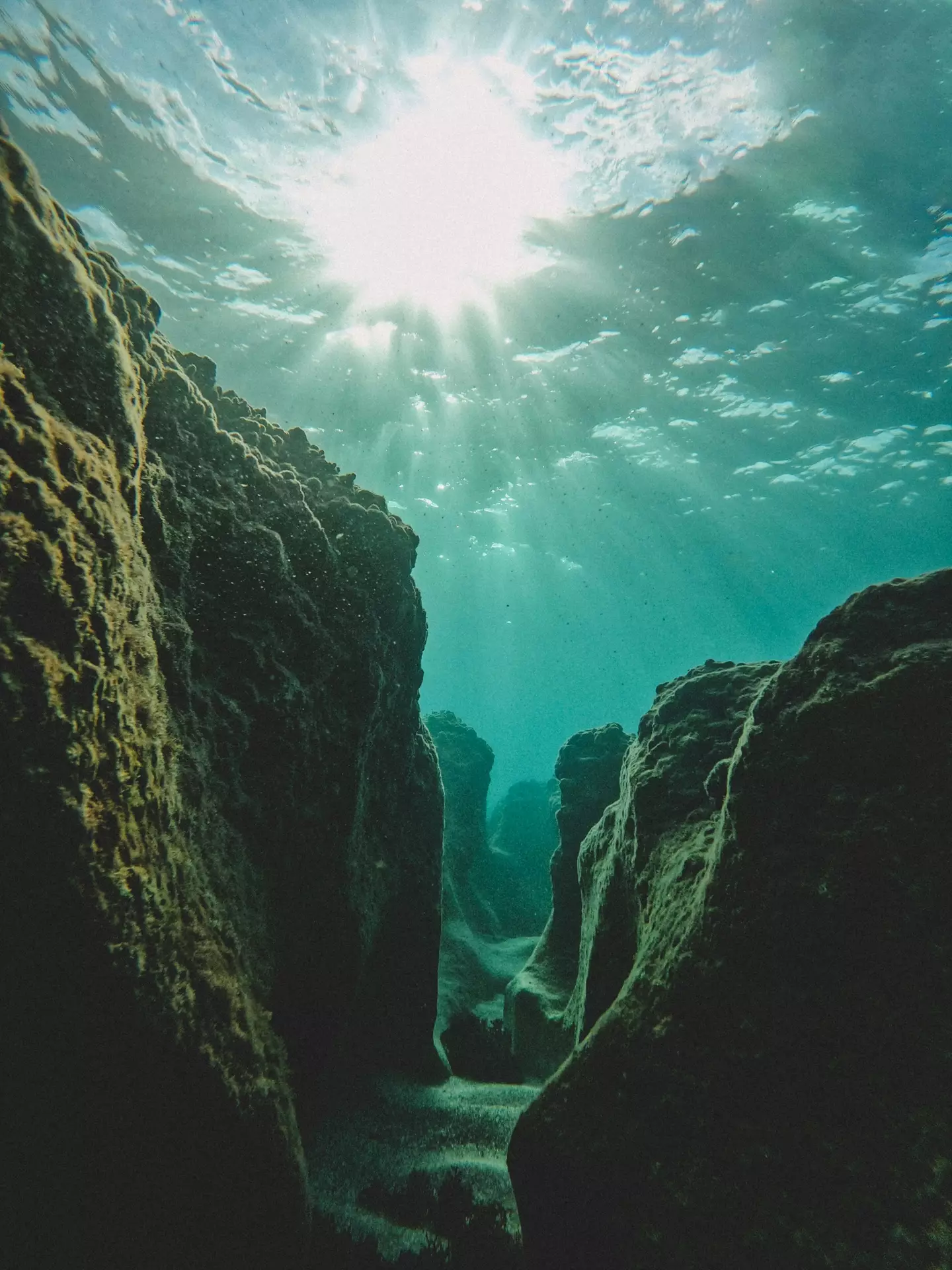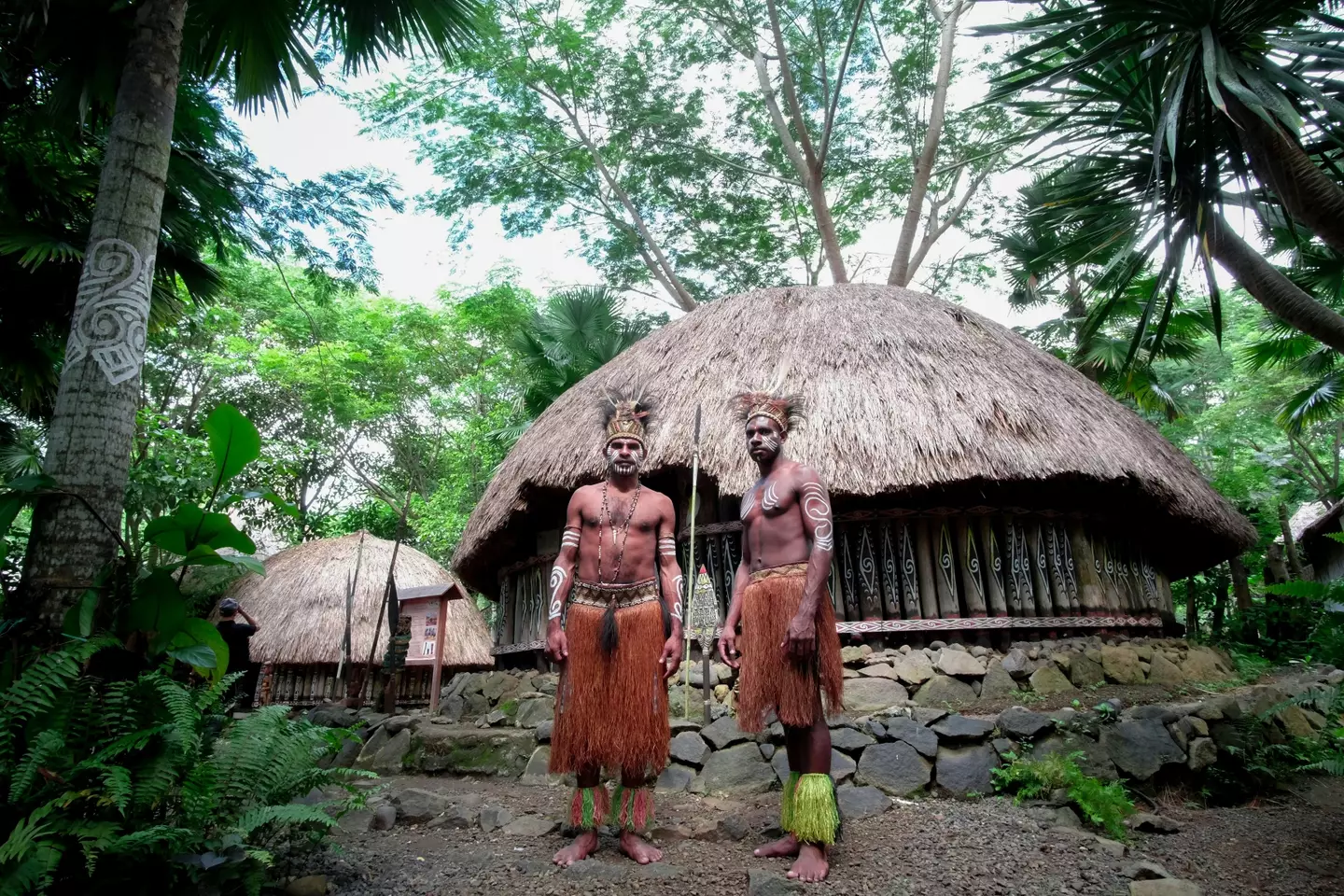
Teleportation, breathing underwater or flying may be just superpowers we wish we had.
But for one tribe, the ability to breathe underwater is more a reality than a fantasy - being the first known humans to do so.
The Bajau tribe of Indonesia possess a unique genetic mutation that allows them to live an amphibious life.
For over 1,000 years, the Bajau people have lived off the coasts of Indonesia, residing in houseboats and spending much of their lives in the sea.
Advert
As a result of their lifestyle, they're highly skilled when it comes to free diving and fishing with spears, whilst having extraordinary lung capacities and strong swimming skills.

Members of the tribe can dive up to 230 feet with just a set of weights and a pair of wooden goggles.
Melissa Ilardo, from Cambridge University, spoke to the BBC: 'They dive repeatedly for eight hours a day, spending about 60 percent of their time underwater.'
But it's not just their skills that set them apart from the rest of us, but a mutation in their genes that allows them to do so - known as the 'sea nomad gene'.
Furthermore, the tribe also have unusually large spleens that enable them to stay submerged for long periods of time.
When a body is underwater, the spleen contracts to release oxygenated red blood cells into the circulation. This increases the oxygen in the blood by nine percent. This genetic advantage allows the Bajau to have superior underwater endurance.
'There's not a lot of information out there about human spleens in terms of physiology and genetics, but we know that deep diving seals, like the Weddell seal, have disproportionately large spleens,' Ilardo said.

'We believe that in the Bajau they have an adaptation that increases thyroid hormone levels and therefore increases their spleen size.
'It’s been shown in mice that thyroid hormones and spleen size are connected. If you genetically alter mice to have an absence of the thyroid hormone T4, their spleen size is drastically reduced, but this effect is actually reversible with an injection of T4.'
While we don't know exactly how long the Bajau people can stay underwater, some claim to stay submerged for as long as 13 minutes. According to the 2018 published paper, these extraordinary people provide a 'new opportunity to study human adaptation' and natural selection.